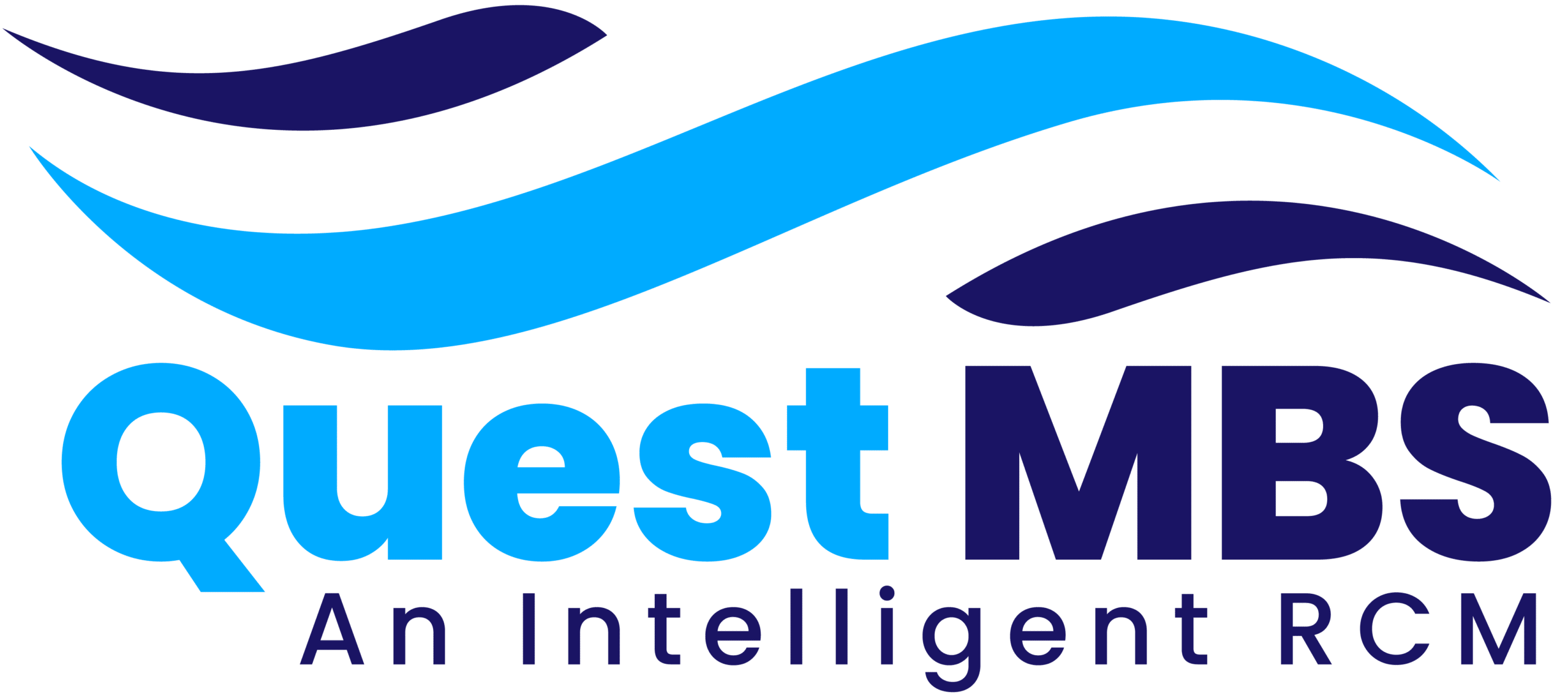Managing Medicare billing is one of the most challenging yet critical aspects of healthcare revenue cycle management. With constantly evolving regulations, coding requirements, and compliance checks, it’s essential for providers to stay ahead using the right technology. Medicare billing tools not only ensure accurate claim submission but also help optimize reimbursement, reduce denials, and streamline workflow.
In this guide, we’ll explore the top 12 tools for managing Medicare billing that healthcare providers can use to improve efficiency and maximize revenue.
1. Cloud-Based Billing Platforms
Cloud-based Medicare billing platforms have transformed healthcare billing by offering flexibility, real-time updates, and secure access from any location. These solutions streamline claim submissions, provide data analytics, and ensure timely software updates to align with Medicare policies. The result is enhanced productivity and reduced administrative burdens for billing teams.
2. Integrated EHR and Billing Systems
Using billing software that’s fully integrated with an Electronic Health Record (EHR) system helps eliminate duplication and improve coding accuracy. Documentation from patient encounters flows directly into claims, reducing errors and expediting Medicare billing. For providers, this integration is invaluable in maintaining compliance and efficiency.
3. Automated Coding Tools
Automated coding tools analyze clinical documentation and recommend accurate ICD-10, CPT, and HCPCS codes. These solutions minimize human error, improve compliance, and adapt quickly to Medicare’s frequent coding updates. Faster, cleaner claim submissions mean fewer denials and smoother reimbursement.
4. Eligibility Verification Software
Real-time Medicare eligibility verification software confirms patient coverage instantly. It provides plan details, deductibles, and coverage limits, helping providers prevent costly claim denials. By verifying eligibility upfront, healthcare organizations ensure services are billable and revenue is protected.
5. Medicare Payer Rule Engines
Payer rule engines validate claim data against Medicare’s requirements before submission. These tools detect missing information, incorrect codes, or invalid modifiers, giving staff the chance to correct errors early. This reduces denials and increases the clean claim rate.
6. Claim Scrubbing Technology
Medicare claim scrubbing tools scan for coding, formatting, and policy errors before submission. By catching issues early, these systems improve the percentage of clean claims and reduce rework. Advanced scrubbers also learn from past errors, making the process more accurate over time.
7. Denial Management Software
Denied claims are a major revenue leak. Denial management tools track the reasons behind Medicare denials, group them by type, and monitor appeals. By quickly addressing denial patterns, healthcare providers recover revenue faster and reduce future rejection rates.
8. Predictive Analytics for Reimbursement Trends
Predictive analytics tools analyze past billing data to uncover Medicare reimbursement patterns. These insights help providers forecast revenue, optimize documentation, and adjust workflows. Understanding denial trends also improves future claim success.
9. Patient Estimation and Payment Tools
Even with Medicare coverage, patients are responsible for deductibles and coinsurance. Patient cost estimation tools calculate accurate out-of-pocket expenses, creating clear billing statements. This transparency boosts patient trust and ensures timely payment collection.
10. Mobile Charge Capture Applications
Mobile charge capture apps allow providers to log charges on the go. This reduces delays in documentation, ensures accuracy, and improves overall Medicare billing efficiency. They are especially useful for providers working across multiple departments or facilities.
11. Medicare Audit and Compliance Checkers
Medicare audits can be time-intensive. Compliance checking tools proactively review billing data for errors or risky patterns. By flagging issues early, providers stay compliant, avoid penalties, and remain prepared for audits.
12. Centralized Revenue Cycle Dashboards
Revenue cycle dashboards consolidate billing and financial data into one platform. For Medicare billing, these dashboards track key metrics such as denial rates, claim statuses, and collections. This visibility helps providers make informed decisions and continuously improve their billing processes.
Final Thoughts on Tools for Managing Medicare Billing
Navigating Medicare billing can be complex, but with the right tools, providers can simplify claims management, stay compliant, and maximize reimbursement. From cloud-based billing platforms to denial management software and predictive analytics, these solutions are essential for improving efficiency and reducing errors.







